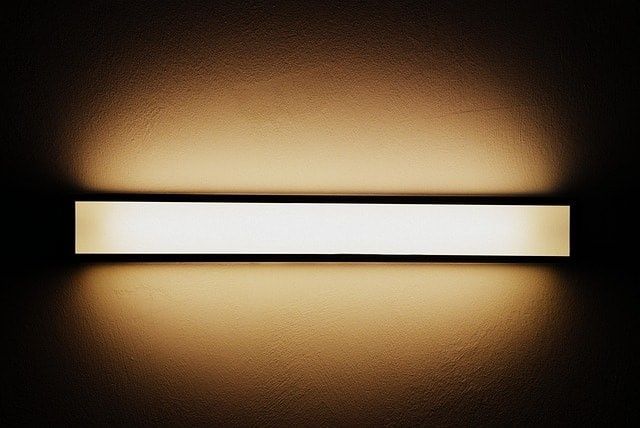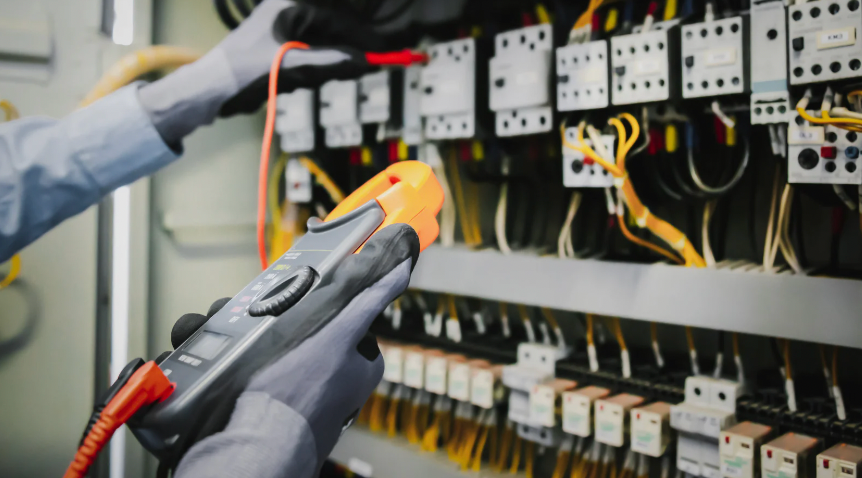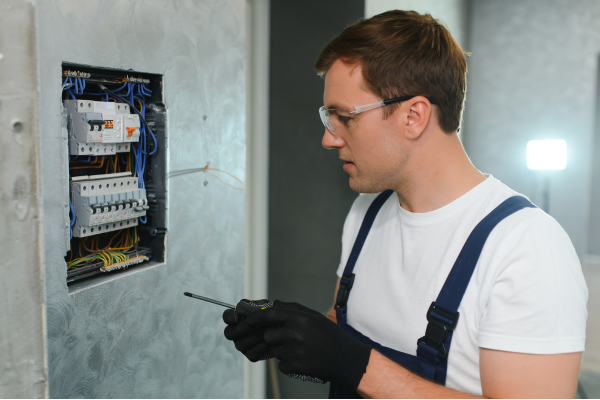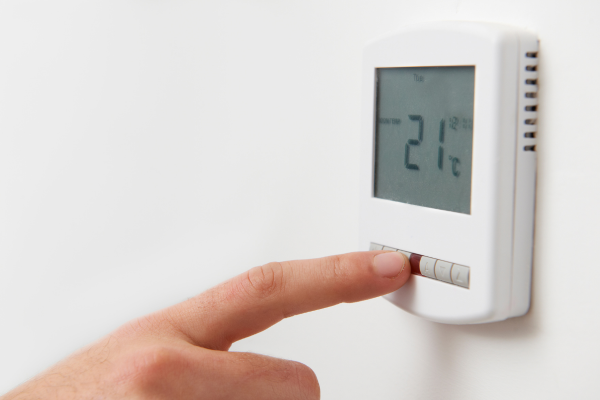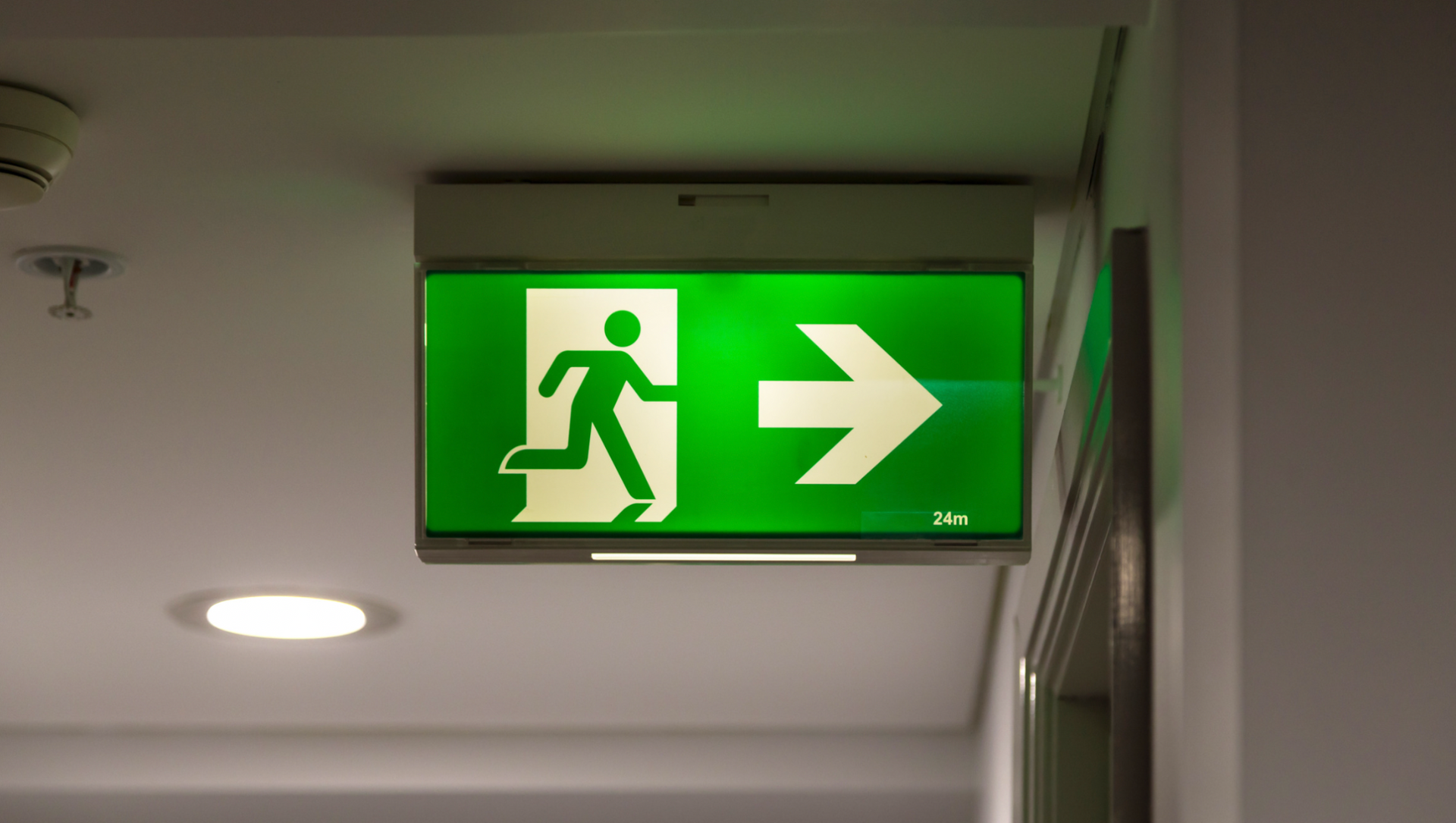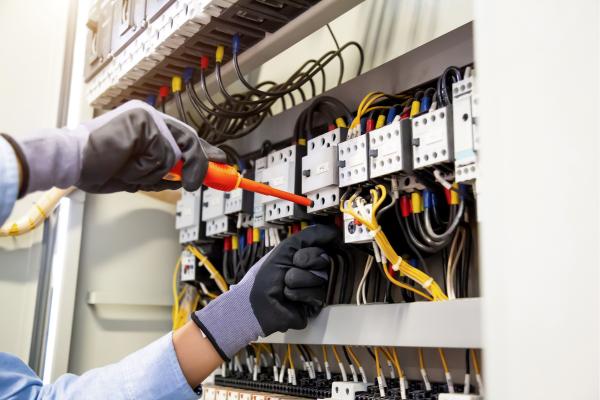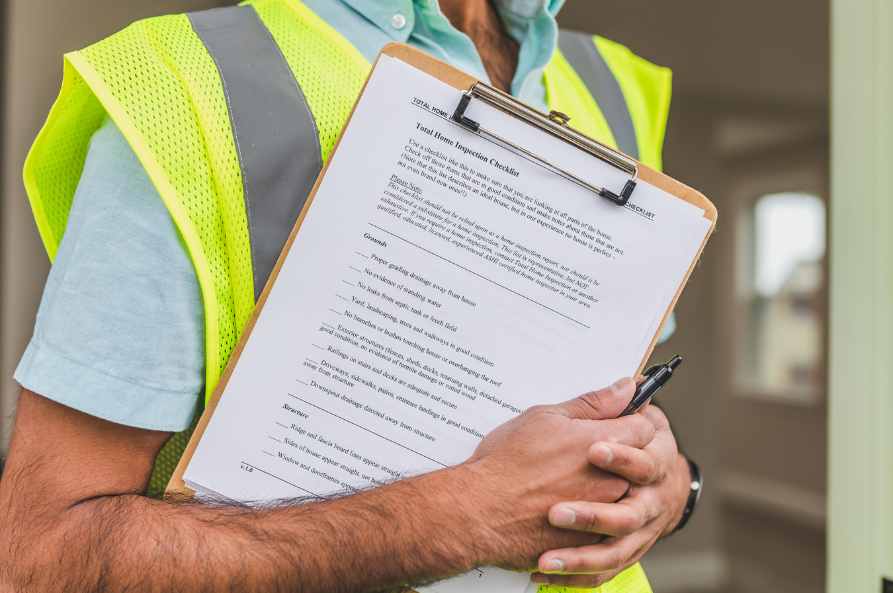
Why Does Your Business Need an EICR Today?
Introduction
In today’s fast-paced commercial world, maintaining a safe working environment is crucial—not just for your employees and customers but also for your business assets. Electrical Installation systems, often overlooked, are a cornerstone of daily operations. This is why an Electrical Installation Condition Report (EICR) is a vital tool for every business. So, what makes these electrical installation condition reports indispensable? Let’s break it down.
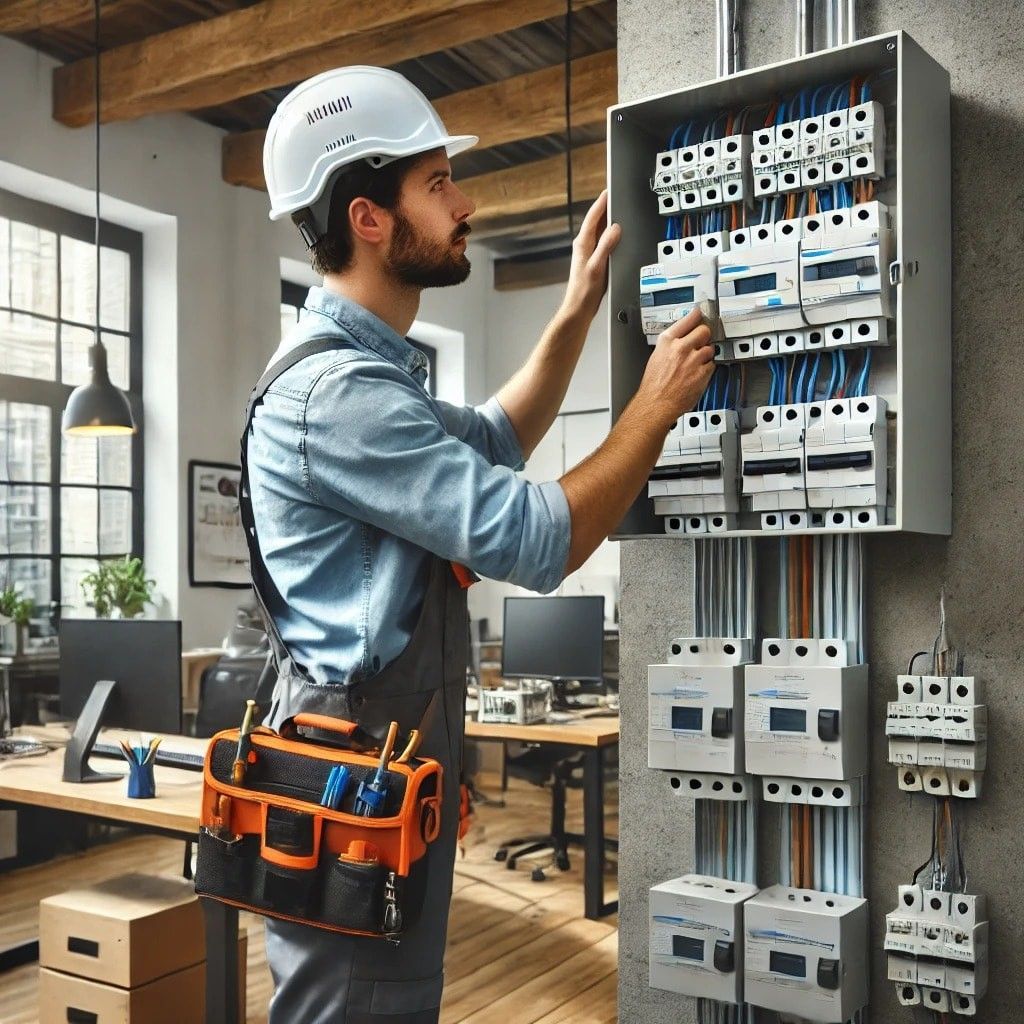
What Is an EICR?
An electrical installation condition report EICR is a formal document provided after thoroughly assessing your property’s electrical installation systems and installations. It ensures that your wiring, circuits, and electrical appliances are in safe working condition.
Critical Components of an EICR
- Fixed Wire Testing: Checks the integrity of permanent electrical installations.
- Distribution Board Inspection: Evaluates the safety and performance of distribution boards.
- Identification of Potential Hazards: Flag dangers like faulty wiring or overloaded circuits.
The Legal Need for an EICR
Regulations Governing Electrical Safety
Under the Electricity at Work Regulations 1989, businesses must ensure that all electrical systems are safe. Failure to comply can lead to severe penalties.
Commercial Landlord Responsibilities
If you own or manage commercial premises, obtaining an EICR certificate is not optional—it’s a legal requirement. Neglecting this could put tenants and employees at risk, violating the Tenants Act and other safety laws.
How Does an EICR Ensure Safety?
Preventing Electric Shocks and Fires
An EICR identifies faulty wiring and other hazards that could cause electric shocks or fires. Regular inspections are crucial for avoiding these life-threatening situations.
Addressing Potential Hazards
Periodic inspections help detect issues early, ensuring your electrical systems remain safe.
Benefits of Having an EICR
- Protecting People and Property: Ensures the safety of employees, customers, and valuable assets.
- Reducing Insurance Risks: Many insurance companies require a valid EICR certificate to approve claims.
- Cost Savings: Early identification of issues reduces the likelihood of expensive repairs later.
Who Needs an EICR?
Commercial Landlords and Tenants
If you manage or lease a commercial building, a valid EICR is essential for legal compliance.
Businesses in Various Sectors
Whether you run a small office or a large industrial facility, an EICR is a must to ensure safety and operational efficiency.
Understanding the EICR Process
What to Expect During an Inspection
A qualified electrical installation engineer will inspect your wiring, circuits, and equipment. Depending on the property size, the process may take a few hours.
Importance of Remedial Work
If the inspection reveals issues, remedial work must be completed to obtain a compliant EICR certificate.
Common Issues Identified in EICR Inspections
- Outdated or damaged wiring.
- Non-compliance with the latest IET Wiring Regulations.
- Overloaded circuits pose safety risks.
The Role of Electrical Engineers in EICR
Qualified engineers play a pivotal role in EICR inspections, ensuring all safety measures are met and recommending improvements.
EICR for Commercial Premises
Special Considerations for Large Properties
Significant buildings often require more detailed inspections to cover extensive electrical installation systems.
Maintaining Operations
Ensuring your electrical systems are up-to-date minimises disruptions to daily operations.
Frequency of EICR Inspections
When Should You Schedule the Next Inspection?
The frequency of inspections varies depending on your property type. For most commercial properties, inspections are recommended every five years.
Consequences of Non-Compliance
Legal and Financial Risks
Ignoring EICR requirements can lead to hefty fines, legal action, and invalid insurance claims.
Conclusion
Every business is responsible for maintaining a safe environment, and an EICR is one of the most effective ways to ensure this. By identifying hazards, complying with legal requirements, and protecting your assets, an EICR is not just a certificate—it’s a safeguard for your business's future.
FAQs
What is the validity period of an EICR certificate?
Typically, an EICR is valid for five years, but this may vary depending on the property type and usage.
Can EICR inspections disrupt business operations?
Inspections usually take a few hours and can be scheduled outside business hours to minimise disruptions.
What happens if issues are found during an EICR?
Any issues identified must be addressed through remedial work to ensure compliance and safety.
Is an EICR legally required for small businesses?
Yes, all businesses must comply with electrical safety regulations regardless of size.
How do I choose a qualified electrical engineer for an EICR?
Look for certified professionals with experience in conducting EICR inspections for commercial properties.
Phone: 07494 124758
Address:: 21 Roehampton Lane Putney SW15 5LS
Email: JRO-Electrics@outlook.com
Services Areas
Earlsfield | Streatham | Balham | Ealing | Richmond | Twickenham Hammersmith | Kingston Upon Thames
Further Useful Reading
How Often Should You Test Your Appliances?
Why Your Home Needs a BS7671 Electrical Safety Certificate
What Our Clients Think
Our Testimonials


EV Charger in our garage & Fusebox With the associated wiring. He did a excellent job in ONE day He was friendly pleasant & helpful. I have no hesitation in recommending his company
Sunil

We've had the team work on two of our properties now, from more complex electrical working to spotlights. We've always been delivered with the service and quality! Would highly recommend if you're looking for a reliable service.
Lizzy Dring

Jordan was extremely professional from start to finish. Kept me updated as to when he would be able to come to save me hanging around all day and completed the certification quickly. Plus spotted that the fire alarms were out of date and managed to replace those on the same visit too
Chris White

Get in Touch
Get in Touch
We will get back to you as soon as possible.
Please try again later.
Whether it's a new light installation or rewiring in London, JRO Electrics is here to help.
Contact Information
Phone Number:
Email Us:
Quick Links
© Copyright 2025 | All Rights Reserved | JRO Electrics Ltd

